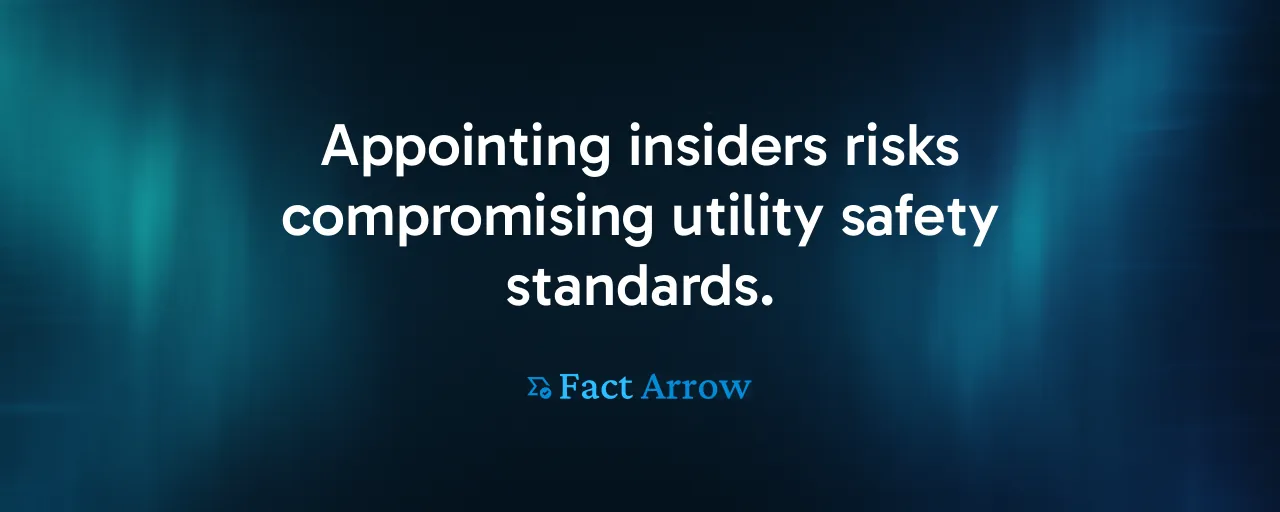A Dangerous Choice
Texas Governor Greg Abbott appointed Keith Wall to the One-Call Board of Texas, a decision with significant implications. This board oversees the state's 'Call Before You Dig' system, a vital mechanism to mark underground pipelines and cables before excavation, preventing deadly accidents. Wall, a CenterPoint Energy executive, now holds a seat that shapes policies protecting lives and our environment. His term lasts until August 2026, but his deep industry ties raise a pressing question. Can someone so embedded in the energy sector truly prioritize the public's safety?
The One-Call Board carries immense responsibility. It ensures coordination between homeowners, contractors, and utilities to avoid disasters like gas explosions or power outages. In Texas, where urban expansion strains aging infrastructure, the margin for error is razor-thin. A single unmarked line can trigger catastrophe. Wall's appointment, however, suggests a troubling pattern: favoring corporate insiders over the broader public interest.
Wall's credentials aren't in question. With a finance degree from Texas A&M and roles in groups like the Texas Gas Association, he knows the energy world inside out. Yet, that's the heart of the issue. His career at CenterPoint, a major utility, aligns him with an industry often more focused on profits than rigorous safety measures. Entrusting him with oversight feels like asking the fox to guard the henhouse. Why not choose someone with a track record of putting people first?
When Industry Calls the Shots
Since its creation in 1997, the Texas One-Call Board has been shaped by the governor's appointees. These 12 members set the tone for enforcing safety rules and adopting new technologies. Recent data underscores the urgency: the U.S. sees nearly 200,000 underground utility strikes yearly, often due to poor markings or weak oversight. Texas, reeling from a spike in such incidents, has pushed for better mapping and stricter enforcement. Appointing someone like Wall, however, threatens to stall this progress.
Research paints a stark picture of industry influence. Between 2000 and 2020, a quarter of state utility regulators came from the sector, and half returned to it after their terms. This revolving door often leads to lax oversight, with ratepayers facing bill hikes, sometimes in the double digits. In Texas, where utilities hold significant sway, Wall's appointment risks tipping the scales toward policies that favor corporations over ordinary Texans.
Meanwhile, innovation shows what's possible. Cities using AI-powered mapping and augmented reality have slashed accidental line strikes by over 30%, saving millions. These advances demand regulators who champion public safety and are independent of companies that might resist costly upgrades. Wall's background suggests loyalty to an industry that often drags its feet on such changes.
A Path to Real Safety
A better approach exists. Advocates for robust oversight call for boards that reflect diverse voices, including community activists, environmental experts, and workers. This vision prioritizes equity and accountability, ensuring infrastructure serves everyone. A One-Call Board with members who advocate for clean energy or represent communities hit hardest by utility failures could demand environmental protections and cutting-edge safety standards.
Evidence backs this up. National efforts, like the U.S. National Infrastructure Risk Management Plan, use IoT sensors and real-time mapping to safeguard utilities. These succeed when regulators value public welfare over corporate interests. In Texas, where natural gas and hydrogen pipelines are booming, we need leaders who ensure these systems are safe and sustainable, ensuring they are independent of the companies profiting from them.
Some argue that industry experience, like Wall's, brings practical know-how. They push for market-driven fixes, like privatized mapping, claiming these cut costs without heavy-handed rules. Yet, history shows otherwise. Deregulated systems often produce patchy safety standards and higher consumer costs. Private firms focus on profitable areas, neglecting underserved communities. Strong public oversight, rather than corporate freedom, delivers safety for all.
Our Future Is on the Line
Texas faces a pivotal moment. With the U.S. hydrogen pipeline market set to nearly quadruple by 2032 and natural gas systems expanding, the One-Call Board's decisions will define our state's safety and sustainability. A board stacked with industry insiders risks weak enforcement, outdated tools, and avoidable disasters. Texans deserve regulators who fight for advanced technology, fair policies, and rigorous oversight.
The aim is to build infrastructure that serves every Texan, not just the powerful. This involves preventing the next explosion, outage, or environmental crisis. Wall's appointment raises alarms because it leans toward those who benefit from the status quo. We need a One-Call Board that puts people above profits.
What does it take to secure a safer Texas? It starts with holding leaders accountable. It means rejecting appointees who prioritize industry over safety. It requires a vision where infrastructure unites us rather than dividing us. The fight for a better One-Call Board is a fight for our shared future. Let's demand it now.
